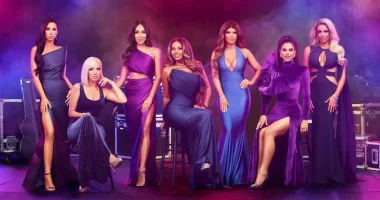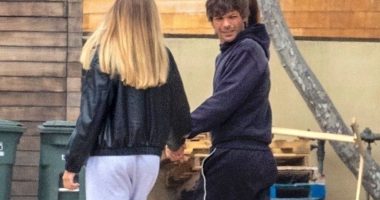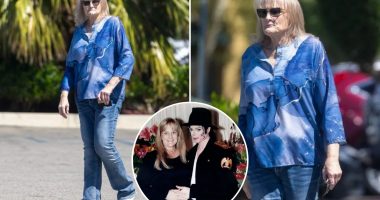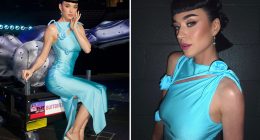JK ROWLING admitted she was a bigot – if that means standing up for women’s rights.
The Harry Potter author was responding to accusations she was being an ‘indirect bigot’ by speaking out about the gender reform debate.

2
She said: “If you are saying that indirect bigotry is asking questions where you believe that significant harm is done, if you are saying indirect bigotry is standing up for women’s rights then, you know what, guilty as charged.”
The Edinburgh-based writer has been speaking out about the backlash she’s faced since weighing into the trans rights debate on podcast The Witch Trials of JK Rowling.
In last week’s episode, she was branded an ‘indirect bigot’ by YouTuber Natalie Wynn, who goes by the name ContraPoints online.
By this, the political commentator meant Rowling spreads trans hate masked as concern for vulnerable people.
But the 57-year-old author hit back in the latest instalment, saying: “I think it’s a very bad faith argument to say that people who are asking questions are being indirect bigots.”
And she added: “One may be concerned about children and be correct. People around Jimmy Savile, the UK’s most famous predator, believed children were being harmed but his celebrity and his ability to raise money was such that nobody wanted to look into that.
Read Related Also: Scheana Shay slams Raquel Leviss comparisons post-Eddie Cibrian tryst
“I’m not sure it’s as simple as saying people are using it.
“Some people may genuinely believe children are being harmed and also genuinely not want anyone to be trans, that is not my position.”
Since voicing her opinions on the gender reform bill – which the SNP is pushing for and which will make it easier for Scots to transition without the need for psychological assessment – Rowling has been attacked online, had death threats and seen celebs, including actors from the Potter movie franchise, distance themselves from her.
And she said speaking out hasn’t given her any pleasure – but she felt obliged to put her head above the parapet.
She said: “It has given me anxiety, it has made me at times feel vulnerable so, although I don’t regret anything, I have had concerns for my family’s safety. Some of the threats have not been too amusing to me, there has been fallout in my life, inevitably.
“I still don’t regret standing up but it certainly hasn’t given me pleasure on any level.”
And she finished up her interview with host Megan Phelps-Roper, and also her part in the podcast, by saying: “There are more important things in this world than being popular and that doesn’t mean it’s more important for me to be right, it means it’s more important to me to do the right thing.”

2
!function(f,b,e,v,n,t,s){if(f.fbq)return;n=f.fbq=function(){n.callMethod?
n.callMethod.apply(n,arguments):n.queue.push(arguments)};if(!f._fbq)f._fbq=n;
n.push=n;n.loaded=!0;n.version=’2.0′;n.queue=[];t=b.createElement(e);t.async=!0;
t.src=v;s=b.getElementsByTagName(e)[0];s.parentNode.insertBefore(t,s)}(window,
document,’script’,’
fbq(‘init’, ‘752905198150451’);
fbq(‘track’, “PageView”);








